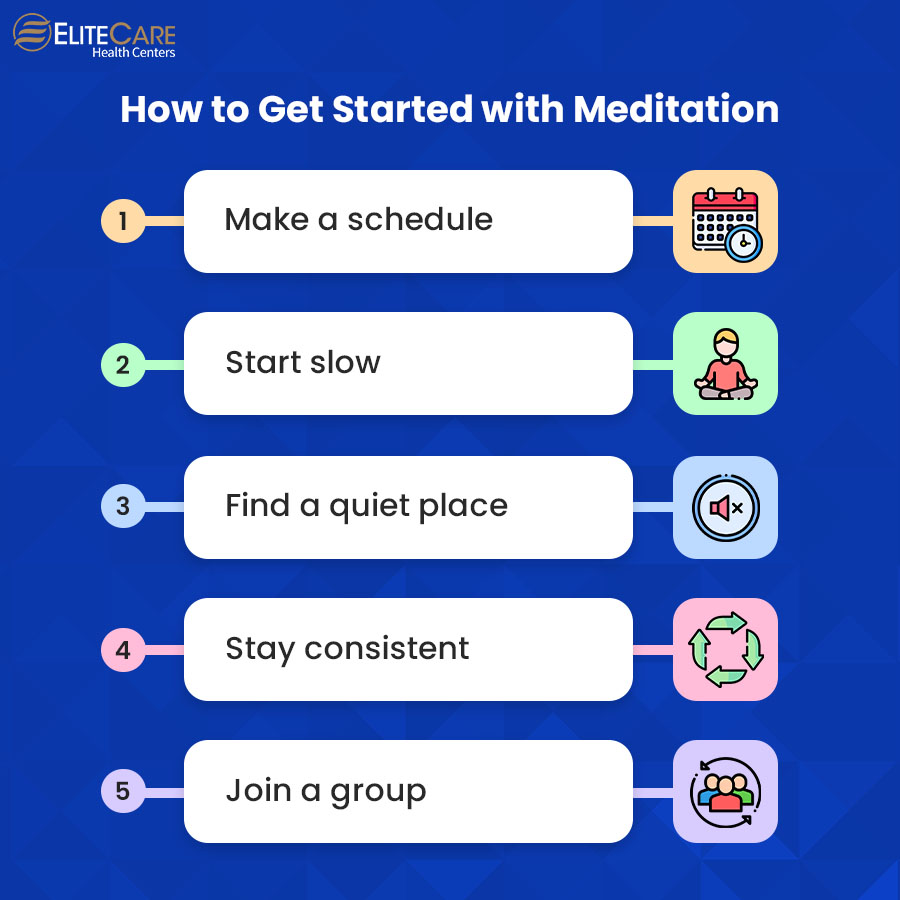
Flu, or influenza, is a contagious respiratory illness caused by several types of influenza viruses. It can cause mild to severe symptoms and can sometimes cause severe complications, which can even lead to death. According to the Centers for Disease Control and Prevention (CDC)*, approximately 10 to 20 percent of US seniors fall ill with the flu each year.
The flu vaccine is the most effective way to prevent this health condition as it protects our bodies against the most common types of influenza viruses. However, there are some side effects for which seniors as well as their caregivers may want to reconsider their decision to get a flu shot and consult a primary care physician for detailed guidance. Therefore, here are some facts about the usage and benefits of flu vaccines to help one make an informed decision about getting the flu shot.
Benefits of Flu Shots for Seniors

1. Reduces the risk of serious illness
The Flu vaccination has been proven to reduce the risk of hospitalization and death that occurs due to flu-related illnesses. According to the Centers for Disease Control and Prevention (CDC), getting a flu shot can reduce the risk of flu-related hospitalization by at least 40-60% in older adults. Therefore, it not only enables them to avoid serious health problems, but also reduces the pressure on healthcare system during the flu season.
2. Helps prevent spread of flu to others
Flu vaccination not only helps protect the individual receiving the vaccine, but it also helps prevent the spread of flu to others by immunizing the larger part of a community. This will help in reducing the risk of flu in other vulnerable populations, such as seniors, young children, people with chronic health conditions, and those with weakened immune systems.
3. Reduces unnecessary hospital visits
Flu-related illnesses can often lead to hospitalization, which can be a stressful and expensive experience for any individual. Receiving a flu shot can help reduce the risk of hospitalization, saving seniors and their caregivers the time and expense associated with an unnecessary hospital visit.
Concerns About Flu Vaccine for Seniors

1. Shows mild side effects sometimes
Like any other medical interventions, flu vaccination can sometimes cause side effects in seniors. These side effects can range from mild to severe and can include soreness and redness at the injection site, headache, fatigue, muscle aches, fever, etc.
However, these side effects are usually mild and go away on their own within a few days. Additionally, severe side effects from the flu vaccine are very rare and the benefits of getting vaccinated outweigh the risks of any potential side effects.
2. Increases risk of Guillain-Barré syndrome
Guillain-Barré syndrome (GBS) is a rare but serious condition that can have a serious effect on the nervous system. There have been isolated cases of GBS occurring after receiving the flu vaccine, but the overall risk of GBS is low. According to the CDC, the risk of GBS after flu vaccination is estimated to be 1 or 2 cases per million doses of vaccine.
Another concern for seniors is lack of access to the flu vaccine. Some seniors may have difficulty getting to a vaccine provider, acquiring vital information, or may have trouble paying for the vaccine. However, many programs are available and there are several senior care services that can help seniors get access to the flu vaccine. Additionally, many community organizations and health departments offer flu vaccination clinics that are accessible and affordable for seniors.
Coverage Under Medicare and Medicaid
Both Medicare and Medicaid provide coverage for flu vaccines for eligible individuals.
Medicare
Medicare Part B covers the flu vaccine at 100% for eligible beneficiaries. It means that there is no out-of-pocket cost for the vaccine for individuals enrolled in Medicare Part B. Additionally, many Medicare Advantage plans may also cover the flu vaccine at no cost to the beneficiary.
Medicaid
Medicaid coverage for flu vaccines varies by state, but most states provide 100% coverage for the vaccine for eligible beneficiaries. There is also coverage for the vaccine for beneficiaries who are enrolled in Medicaid-managed care plans.
Seniors should check with their primary care physician and then take a look at the different insurance plans to determine what coverage is available for the flu vaccine.
Conclusion
While there are a few concerns about flu vaccination for seniors, the benefits of getting vaccinated outweigh any potential risks. Flu viruses are constantly mutating, and the flu vaccine is updated each year to protect against the most common and potentially dangerous strains of the virus. That is why it is important to get vaccinated every year, even if one has received the vaccine in previous years. The annual flu vaccination in the US is usually available starting in the month of September or October. It is recommended to get vaccinated as soon as possible, as it takes about two weeks after vaccination for the body to build up protection against the flu.
For detailed guidance about flu vaccination, seniors can talk to a healthcare provider. Contact EliteCare Health Centers, one of the best Florida medical clinics to schedule an appointment with the top primary care physicians.
*Data retrieved from the Centers for Disease Control and Prevention (CDC)






